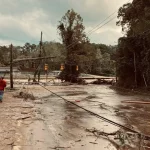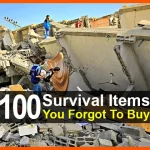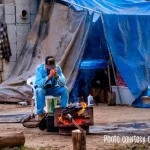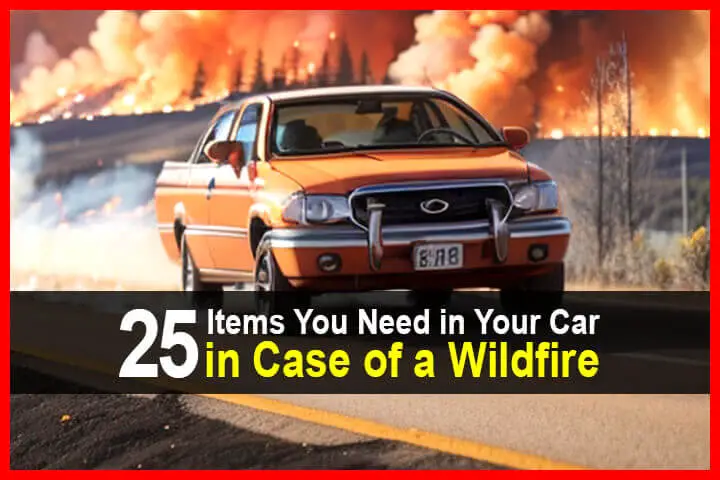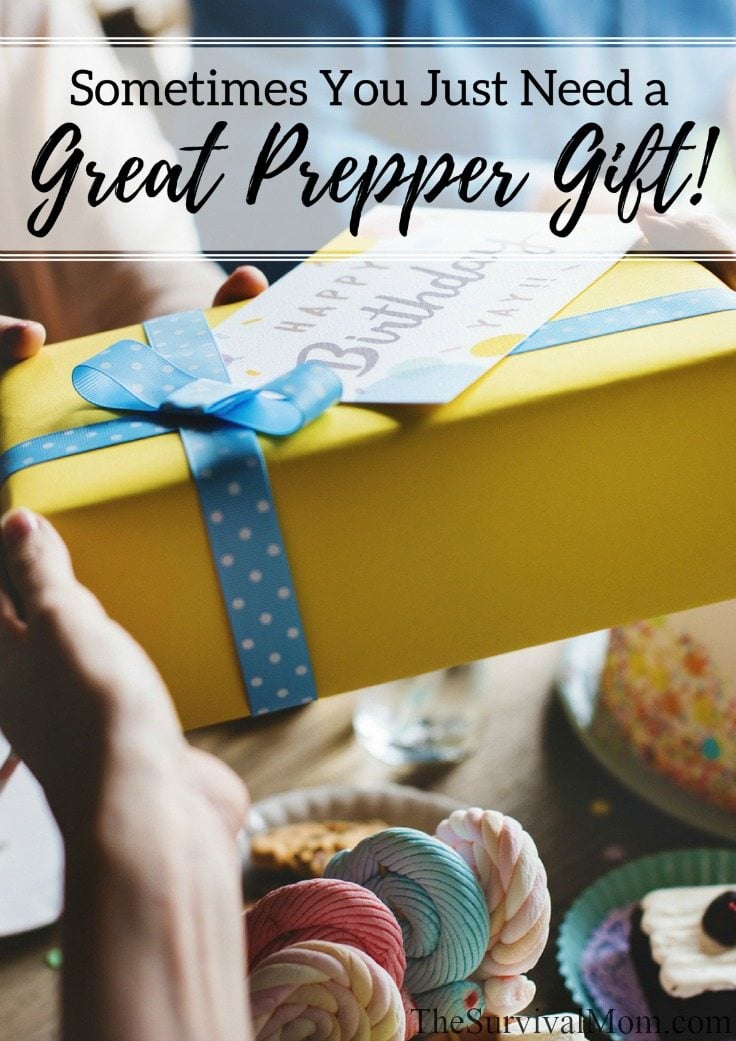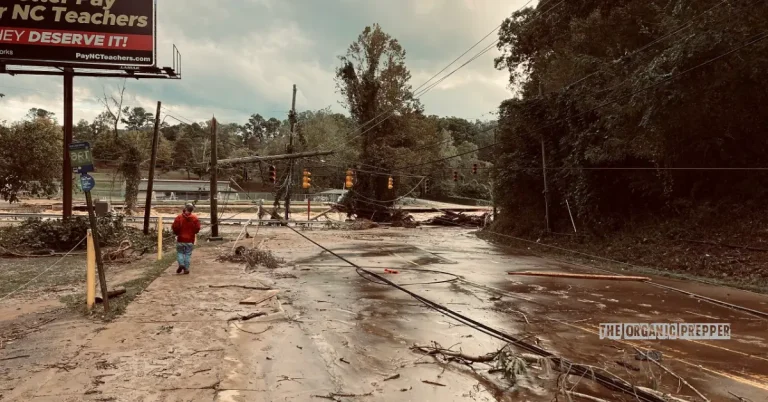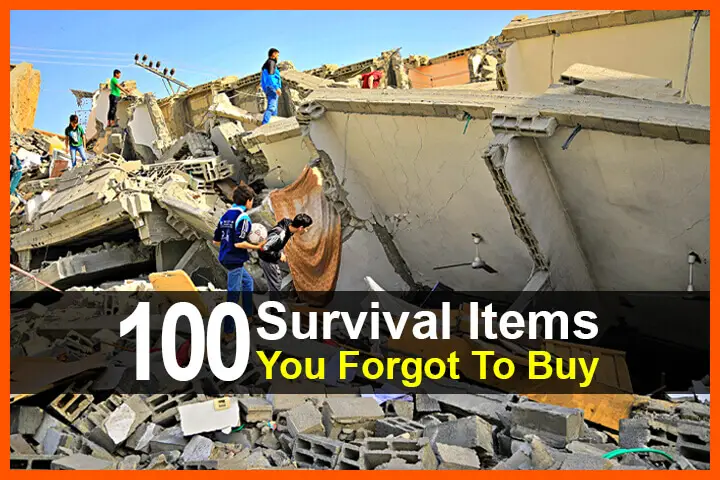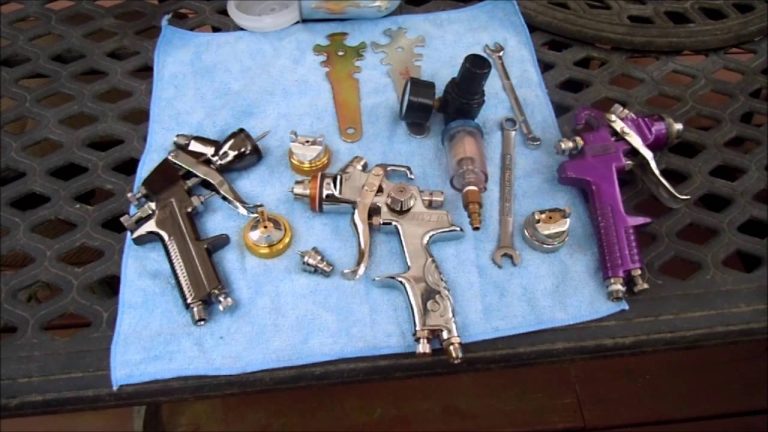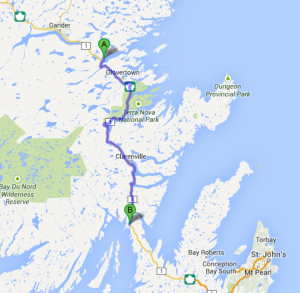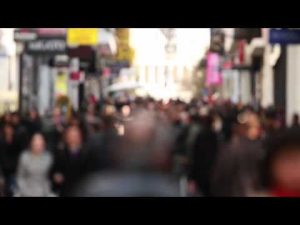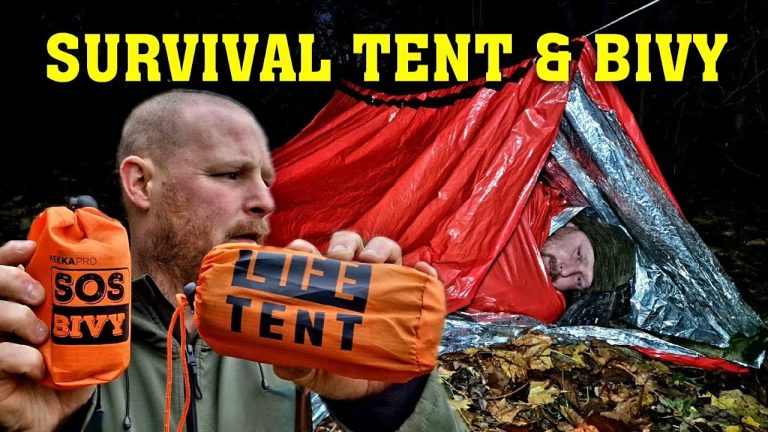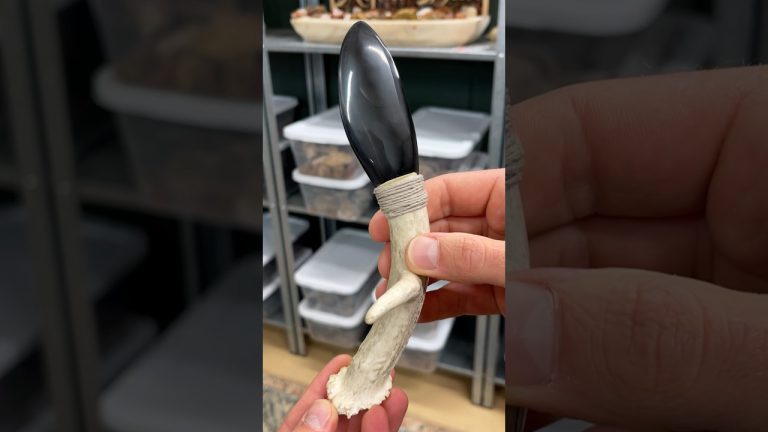Estimated reading time: 13 minutes
Every August, sometimes earlier, you can count on wildfires raging. This year, Canada is burning. The fire season started earlier and has been much more volatile and we’re not even through the month of September when fires typically run rampant.
The fires are moving faster than they ever have before, which means residents have little time to get out of the way. The land being eaten up by the fires is four times more than any other year on record.
Again, we’re not even to the worst months of fire season. The July heatwave has turned our forests into matchboxes. It only takes a spark to create a disaster.
Fire is incredibly destructive and can eat up an entire neighborhood in a matter of minutes. There isn’t always a lot of time to flee from a fire. You might have five minutes; you might have an hour. When the authorities say it’s time to go—GO! Don’t be the guy looking for this or that and putting himself in danger along with the firemen that have to go look for you.
Want to save this post for later? Click Here to Pin It On Pinterest!

When wildfire season rolls around, you need to be prepared to hop in your car and get your family out. Everything can be replaced, but not life. You get ready for winter driving season, now it’s time to start getting ready for summer driving during wildfire season. This is especially true if you live in a forested area. These areas tend to be more prone to devastating wildfires.
You also have to plan for a situation that traps you in your car and you can’t go home. Keeping some things in your car will alleviate a lot of stress and save precious minutes. Be prepared!
Before we get to what you should be storing, let’s talk about how to store your emergency supplies. A milk crate is a great way to keep all of your supplies together. A large backpack is also an option. If you can’t get either, a cardboard box tucked in the trunk or the back of the SUV will also work.
1. Non-perishable foods

Energy bars or dehydrated food snacks are a great option. This is especially important if you have kids. You don’t want anything that’s going to suffer in the heat. Crackers and chips will get stale.
2. Bottled water is essential

You might not have the room store a lot of water, but if you can do it, store a full case. Storing the gallons of water in milk jugs isn’t ideal unless you also want to store something to drink from.
3. Flares are an essential need in a wildfire

If you are stuck on the side of the road, a flare can help rescuers see you when thick smoke impairs vision. It is also necessary to let other drivers know where you are to prevent an accident. If you’ve never been near or in a wildfire, it’s hard to explain just how dark it can get. You will not be able to see three feet in front of you in some cases.
4. Prescription meds

Any prescriptions you or someone in your family needs should also be kept in the car. You don’t need to keep the full bottle, but enough to get you by for a few days. A picture of the prescription bottle on your phone is also helpful should you need to get a refill. You’ll still need to deal with your doctor, but it will speed up the process.
5. Fire-Resistant box or bag

This is to store important belongings like passports, birth certificates, and irreplaceable items in a fire-resistant box.
6. Cash is always a must

When there’s a raging wildfire, there will often be power outages. Some stores and gas stations will be able to take cash, but not have the ability to run credit cards.
7. Phone chargers are a must

Make sure you also have a few cords and the adapters needed to plug into a lighter if your car is not equipped with a USB outlet.
8. Backup battery packs

A portable battery pack is very convenient if you find yourself stuck in a shelter or waiting out an evacuation with no access to power.
9. Maps

Yes, the old-fashioned actual paper maps will be a lifesaver. There is a good chance you won’t have cell service or it might be spotty. Knowing where every road and a potential escape route is can save your life. You don’t want to get lost without GPS and find yourself right back in danger.
10. Blankets

While it’s unlikely you’ll be cold, it can be chilly with the sun blocked out by smoke. A blanket is a source of security, which can go a long way to keeping kids calm in the face of uncertainty. And in an emergency, a blanket can put out small spot fires that erupt from hot, falling ash.
11. Extra socks

At the minimum but if you can swing it, a change of clothes for everyone in the family. You may not be able to return home for several days. Having a change of clothes can make your life a little more comfortable.
Clean dry socks are important to keep your feet healthy. Depending on the situation, you might be walking through ash which gets in your shoes. In some cases, it might be damp ground you’re walking over.
12. First-aid kits

You probably already have one in your car. It’s a good time to make sure no one has depleted the bandages and left it half-empty. Adding burn ointment packages to the kit is a good idea. So’s a Burn Kit.
13. Flashlights are going to be critical

We’ve talked about how dark it can get when a wildfire is raging. The blackness can confuse you, just like being in a blizzard. If you have to stop the car or God forbid get out and walk, you need a flashlight. You don’t want to walk off a ledge or fall into a hole.
14. Face masks to help make breathing easier

You don’t want to breathe in the ash in the air. It can be incredibly toxic and dangerous. You need to protect your lungs from smoke. There’s a reason firefighters were oxygen tanks. Breathing in toxic smoke can have long-term health effects.
15. Documents

Like your homeowner’s insurance information, copies of birth certificates and social security cards should be kept in the car. You can add these to your firebox or keep them in the glovebox.
16. Reflective jacket/vests

A reflective vest or reflective tape to put on your clothes. A fire can cause blackout conditions. If for any reason you have to get out of the car, you want to make sure everyone else can see you.
17. Sanitation supplies

Toilet paper and wet wipes are going to come in handy for obvious reasons.
18. Pet needs

Including meds and food. Collapsible bowls are a good space saving option.
19. Eyedrops will be more important than you think

Smoke and fire dry out the eyes. Eye drops can help. It can be painful and make it difficult to see if your eyes are dried out. If you wear contacts, have a spare pair in the car. For those that wear eyeglasses, it’s a good idea to keep an extra pair in the car as well.
20. A flashdrive

With any critical documents and family photos is always a good idea. If the fire does reach your house, one of the worst things to lose are precious photos. Get them loaded onto a flashdrive you can make copies of so you don’t have to worry about losing them forever.
21. Goggles are a must

They can even be the cheap ones from the dollar store and will protect your eyes and ultimately your vision. You need to be able to see where you are going. Hot ash and smoke will wreak havoc on your vision without goggles.
22. A folding shovel has multiple uses

If you do need to make a pit stop on the side of the road, it’s nice to bury what you left behind. If you happen to come across a spot fire, use the shovel to throw some dirt on it. Spot fires are one way the fires spread quickly.
23. Whistles

A whistle is helpful if you do have to get out of your can and signal for help. With zero visibility, rescuers will need a way to find you.
24. Books, toys and what not

To stave off boredom. If you are going to a shelter, you will want to keep yourself occupied. If you are going to be in your car for a while, keep stuff on hand that will keep the kids busy. Without something to focus on, you’re going to stress about the things happening that you cannot change.
25. Last but not least, a fire extinguisher

You should always have a fire extinguisher in your car, but it’s even more important in fire season. It can be used to put out small fires that might impede your escape.
You might not like giving up the space in your trunk, but the minor inconvenience is worth it when it’s the one thing that could save your life. Tweak your emergency kit to suit you and your family’s needs. If you have infants, think of their needs. Keep extra formula and diapers in your kit. This is something you want to do now. Don’t wait until you have the time. It might be too late.
Like this post? Don’t Forget to Pin It On Pinterest!

